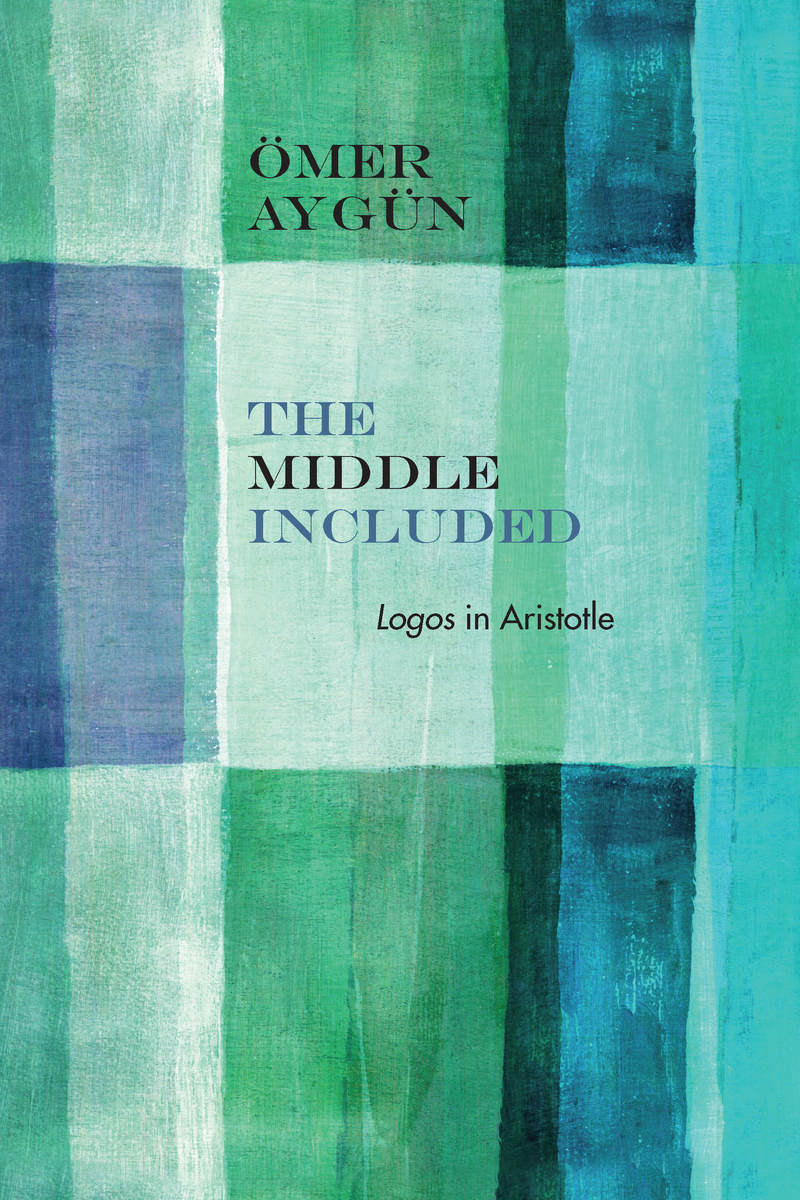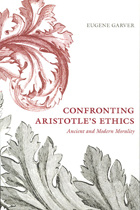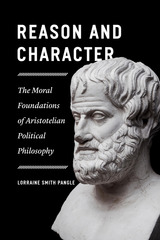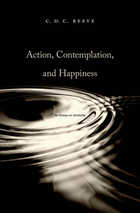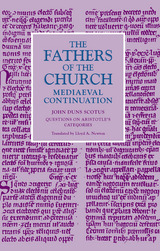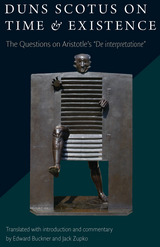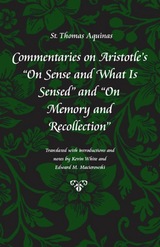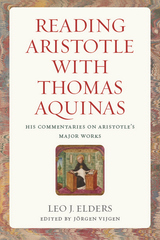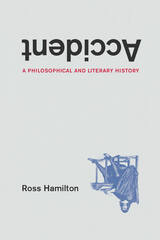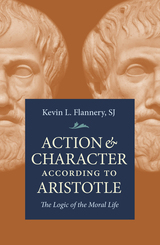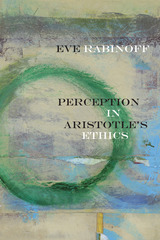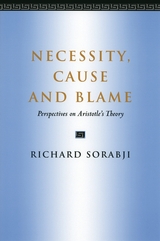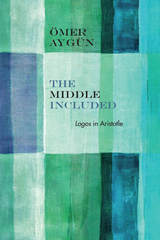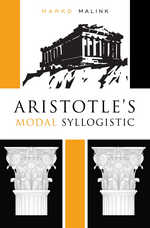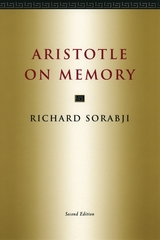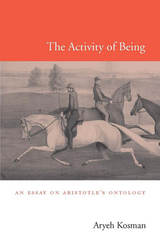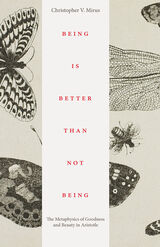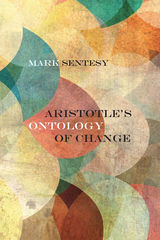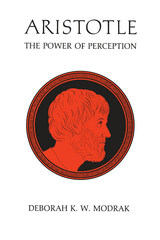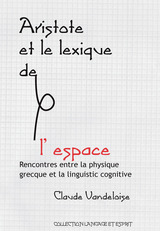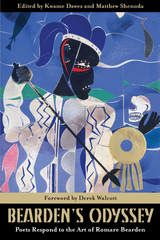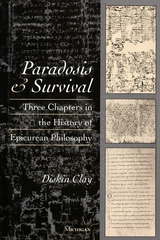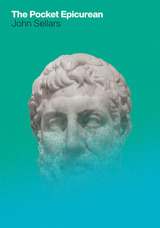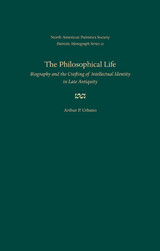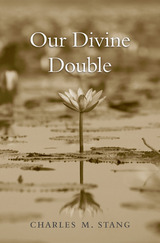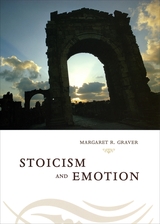The Middle Included: Logos in Aristotle
Northwestern University Press, 2016
Cloth: 978-0-8101-3401-0 | Paper: 978-0-8101-3400-3 | eISBN: 978-0-8101-3402-7
Library of Congress Classification B491.L6A94 2016
Dewey Decimal Classification 185
Cloth: 978-0-8101-3401-0 | Paper: 978-0-8101-3400-3 | eISBN: 978-0-8101-3402-7
Library of Congress Classification B491.L6A94 2016
Dewey Decimal Classification 185
ABOUT THIS BOOK | AUTHOR BIOGRAPHY | REVIEWS | TOC | REQUEST ACCESSIBLE FILE
ABOUT THIS BOOK
The Middle Included is the first comprehensive account of the Ancient Greek word logos in Aristotelian philosophy. Logos means many things in the Aristotelian corpus: essential formula, proportion, reason, and language. Surveying these meanings in Aristotle’s logic, physics, and ethics, Ömer Aygün persuasively demonstrates that these divers meanings of logos all refer to a basic sense of “gathering” or “inclusiveness.” In this sense, logos functions as a counterpart to a formal version of the principles of non-contradiction and of the excluded middle in his corpus. Aygün thus shifts Aristotle’s traditional image from that of the father of formal logic, classificatory thinking, and exclusion to a more nuanced image of him as a thinker of inclusion.
The Middle Included also explores human language in Aristotelian philosophy. After an account of acoustic phenomena and animal communication, Aygün argues that human language for Aristotle is the ability to understand and relay both first-hand experiences and non-first-hand experiences. This definition is key to understanding many core human experiences such as science, history, news media, education, sophistry, and indeed philosophy itself. Logos is thus never associated with any other animal nor with anything divine—it remains strictly and rigorously secular, humane, and yet full of the wonder.
The Middle Included also explores human language in Aristotelian philosophy. After an account of acoustic phenomena and animal communication, Aygün argues that human language for Aristotle is the ability to understand and relay both first-hand experiences and non-first-hand experiences. This definition is key to understanding many core human experiences such as science, history, news media, education, sophistry, and indeed philosophy itself. Logos is thus never associated with any other animal nor with anything divine—it remains strictly and rigorously secular, humane, and yet full of the wonder.
See other books on: Aristotle | Aygün, Ömer | Logos | Logos (Philosophy) | Mind & Body
See other titles from Northwestern University Press
